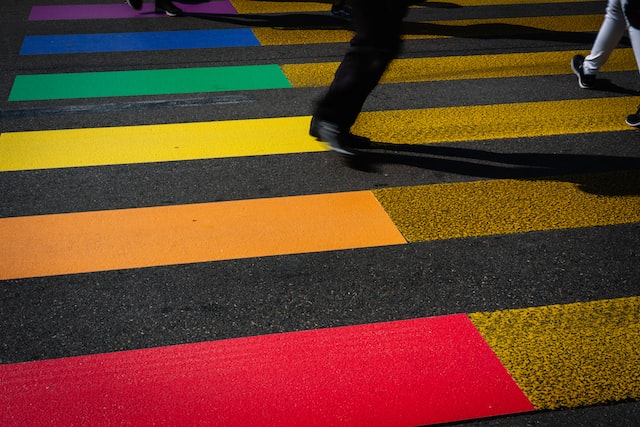Commitment to DEI
CLIMATE & SPACE DIVERSITY STATEMENT
The teaching and research mission of the Department of Climate and Space Sciences and Engineering is enhanced by learning from and working with a diverse intellectual community within an environment of full inclusion – a supportive and welcoming workplace that values all individuals and their perspectives, contributions and ideas.
We welcome members with diverse global experiences across all forms of dimensions and intersections, including race, ethnicity and national origins, gender and gender identity, sexuality, class and religion. We are especially committed to increasing the representation of those populations that are underrepresented in the Earth and Space Sciences.
We are committed to attracting, recruiting and retaining a diverse population of faculty, undergraduate and graduate students, and staff. We work to identify and promote practices and structures that support inclusion, safety and diversity’s development in our department’s work through programs supported by our Diversity Ally, mentoring activities and our student organizations.

Improving Diversity
■ Grad-school Readiness Experience and After Training (G.R.E.A.T.) workshop. We are working to build more diverse cohorts within the Climate and Space community by inviting and mentoring a diverse group of undergraduates from across the United States. Workshop participants attend a one-day workshop and learn about the graduate school experience, the application process, and how to translate their experience into opportunities in graduate school and beyond. We fully fund travel costs to and from the workshop to make participation as easy as possible.
■ Building relationships with minority-serving institutions. Students from the Inter-American University of Puerto Rico and Cal State Los Angeles participate in our Program In Climate and Space Science Observation (PICASSO) Research Experience for Undergraduates (REU) program, which is sponsored by the National Science foundation. We are increasing funding to facilitate collaborations between students and faculty at these partner institutions, as well as building partnerships with tribal colleges and indigenous people within the Great Lakes region, recognizing that climate change is transforming all communities in Michigan.
■ Pathways to societal engagement in the climate and space sciences. Climate change is one of the biggest challenges faced by our society, and we recently hosted a sequence of workshops focused on translating physical science research to societally relevant outcomes (November 2019, and March 2020). This program provides students with an opportunity to leverage Climate & Space research to potentially benefit communities facing climate change.